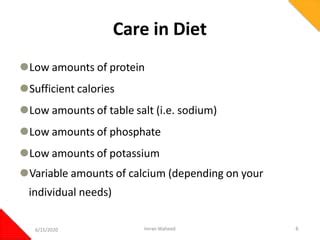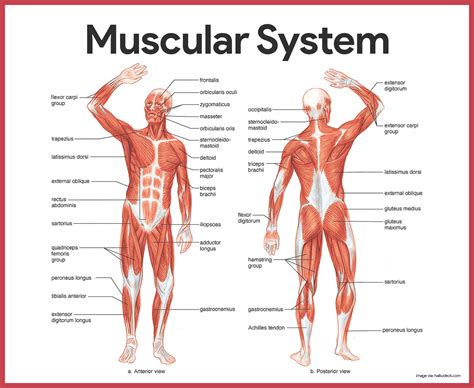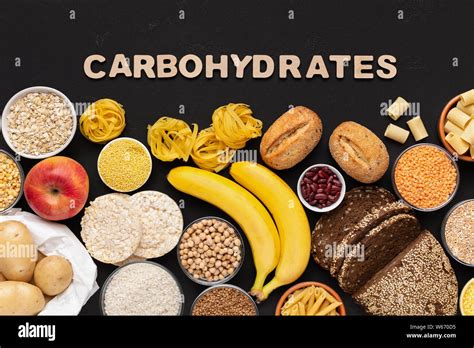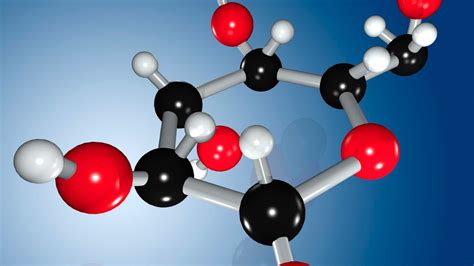Beyond protein intake, what is one crucial nutritional consideration for men aiming to maximize muscle recovery after intense strength training?

Beyond Protein: The Crucial Role of Carbohydrates in Muscle Recovery
While protein often takes center stage in discussions about muscle recovery and growth, especially for men engaged in intense strength training, another macronutrient plays an equally, if not more, crucial role in the immediate post-workout phase: carbohydrates. Beyond simply rebuilding muscle tissue, effectively replenishing energy stores is paramount for optimizing subsequent performance and overall recovery.
The Powerhouse Fuel: Muscle Glycogen
Intense strength training, characterized by heavy lifts and explosive movements, primarily relies on stored muscle glycogen for energy. Glycogen is the stored form of glucose, a carbohydrate, found within your muscles and liver. During a strenuous lifting session, these glycogen reserves are significantly depleted, leading to fatigue and a diminished capacity for further work. Without adequate replenishment, your body’s ability to recover, repair, and adapt to the training stimulus is severely compromised.

Why Carbohydrates are Non-Negotiable Post-Workout
The primary goal of post-workout carbohydrate intake is to quickly restore muscle glycogen levels. This process is critical for several reasons:
- Energy Restoration: Replenishing glycogen ensures your muscles have the fuel needed for future workouts, preventing performance plateaus and overtraining.
- Anabolic Environment: Adequate carbohydrate intake, especially when combined with protein, can help create a more anabolic (muscle-building) environment by promoting insulin release. Insulin helps shuttle nutrients, including glucose and amino acids, into muscle cells, aiding both glycogen synthesis and protein synthesis.
- Reduced Muscle Protein Breakdown: When glycogen stores are low, the body may resort to breaking down muscle protein for energy (gluconeogenesis), which is counterproductive to muscle growth and recovery. Supplying carbohydrates helps spare muscle protein.

Timing and Type: Maximizing Glycogen Resynthesis
The “anabolic window” after training is particularly sensitive to carbohydrate intake. Muscle cells are highly receptive to glucose uptake immediately following exercise, making it an opportune time to consume carbohydrates.
- Timing: Aim to consume carbohydrates within 30-60 minutes post-workout, though research suggests this window might be longer for overall daily intake. The sooner, the better for rapid glycogen resynthesis, especially if you have another intense session soon.
- Type: Opt for faster-digesting carbohydrates immediately after training, such as simple sugars (fruit, dextrose, maltodextrin, sports drinks) or starchy carbohydrates (rice, potatoes, bread). These are quickly broken down into glucose and efficiently transported to depleted muscle cells. Later in the day, incorporate more complex carbohydrates (oats, whole grains, sweet potatoes) for sustained energy and overall nutritional balance.

The Synergy of Carbs and Protein
While the focus here is on carbohydrates, it’s crucial to remember that they work synergistically with protein. Consuming both carbohydrates and protein together post-workout not only optimizes glycogen replenishment but also maximizes muscle protein synthesis and repair. A general guideline often recommended is a 2:1 or 3:1 ratio of carbohydrates to protein, depending on training intensity and individual needs.

Conclusion: Fueling Optimal Recovery
For men serious about maximizing muscle recovery after intense strength training, looking beyond just protein intake is essential. Prioritizing timely and adequate carbohydrate consumption to replenish muscle glycogen stores is a critical nutritional consideration that directly impacts performance, muscle growth, and overall recovery. By strategically fueling with both carbohydrates and protein, you create an optimal environment for your muscles to repair, adapt, and grow stronger for the next challenging workout.










